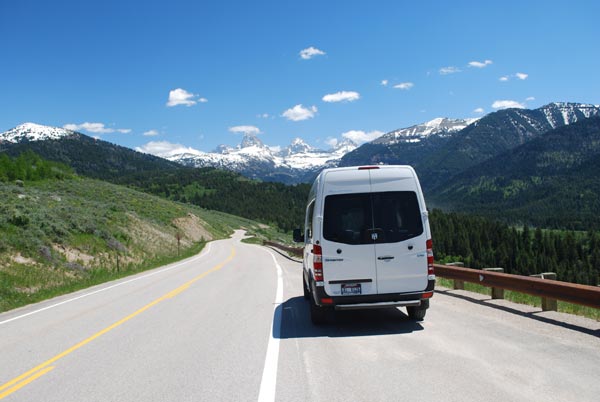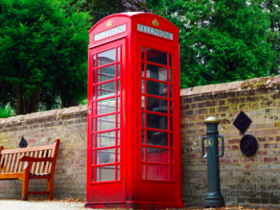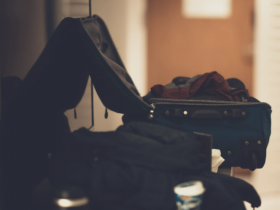Renting a campervan is not only the most cost-effective way to travel, but it is also the most exciting way to travel throughout the South and North Islands of New Zealand. There are no trains and planes to wait for, you save money by preparing your own meals in your travelling kitchen, and you meet other tourists from around the globe at each new campsite.
Travellers who choose to take off on a campervan adventure often never return to any other form of travel. However, many who are new to seeing the world by campervan often make first timer (or second timer) mistakes which can affect how enjoyable their trip is. Below is a quick list of what not to do when renting a campervan so that you can maximise the amount of fun you have on your holiday:
Renting the Largest Campervan Possible
The most common mistake which those looking at campervan rental in New Zealand make is that they choose a campervan which is much larger than they actually need. While it may be fun to imagine yourself in a large and luxurious campervan with numerous sofas, a full-scale kitchen and multiple bedrooms, what you will end up with is a rig which will force you to spend a lot of money on petrol and be difficult to handle on twisting roads and mountain overpasses.
Small travelling parties (two to three adults or two adults with two to three small children) will likely be more than comfortable in a Class C Campervan. Those who are travelling with a larger party will likely want to choose Class A campervans, ranging from 28 feet to 36 feet in length.
Ignoring the Campervan Vehicle Briefing
Prior to hitting the road, the campervan rental company will either have an employee walk you through how to operate the vehicle or will give you a DVD containing all of the information you need to know. Even if you have driven a campervan before, each brand, make, and model is different from the next. As anxious as you may be to set off on your holiday, take the time to properly familiarise yourself with the vehicle and how it functions.
Annoying Your Neighbours
There is unspoken holiday park etiquette which exists and is expected to be followed. For the most part, proper etiquette involves being courteous to other travellers and being respectful of one another’s space. Passing by and saying “hello” to your neighbours as you stroll by is fine, but peeking into windows, rattling garbage and recycling bins while leaving early in the morning, or having your personal items crossing into another traveller’s space is annoying and disrespectful.
Not Having an “Enter” and “Exit” Strategy
There are a few things which you will need to take care of immediately upon arriving at the campground and others which you will need to do prior to leaving. Save yourself time and despair by making a checklist for both when you get to the holiday park and when you exit so that you can be sure that all of your bases are properly covered.
























